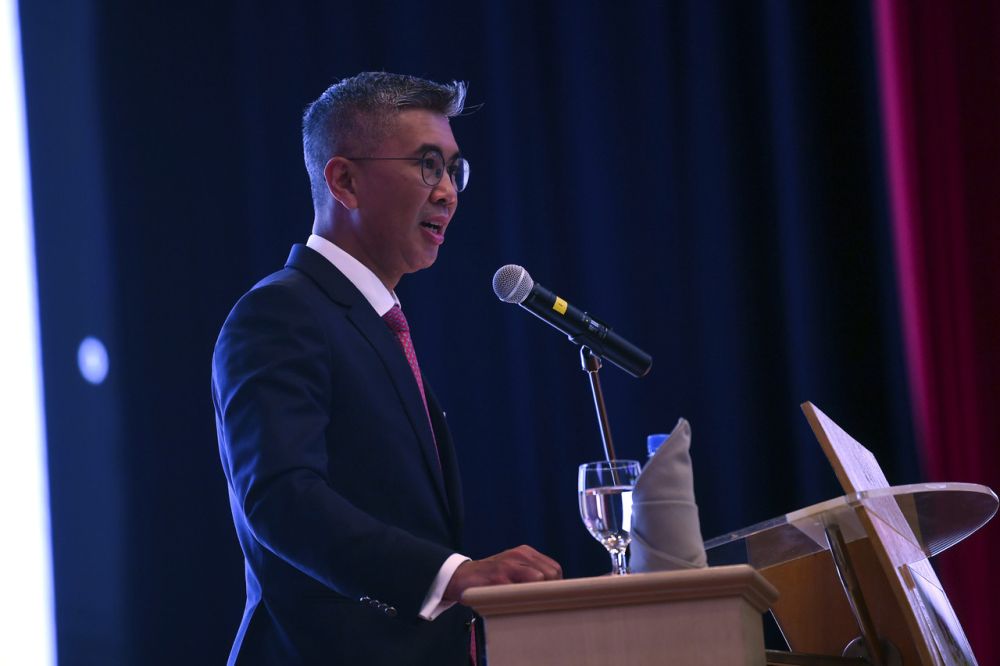
Subscribe to our Telegram channel for the latest updates on news you need to know.
KUALA LUMPUR, March 16 — Malaysia needs to re-look at the way policies are set and the roles of government and institutions to improve its future socio-economic growth, Finance Minister Datuk Seri Tengku Zafrul Abdul Aziz said.
He said going forward, the country must also chart a new course for more knowledge-intensive and productivity-driven growth.
“I am aware that Malaysians aspire to have not just a high-income economy but also one that delivers meaningful improvements in living standards for the whole population.
“Malaysians increasingly aspire for both economic and social well-being, a high standard of living, not just high incomes; fulfilling jobs, not just something that pays the bills. And better public service delivery, not just the existence of such services,” he said at the launch of the World Bank’s flagship report, “Aiming High — Navigating the Next Stage of Malaysia’s Development” on Tuesday.
Tengku Zafrul said in that spirit, it is important to reassess not just the speed of Malaysia’s growth, but also its quality, inclusivity, and sustainability.
Citing an example, he said the government must ensure equal opportunities for all Malaysians, provide upward mobility opportunities, and good incentives to remain and work in Malaysia.
The Finance Minister stressed that greater resources will need to be invested in building high-quality human capital and in facilitating greater economic opportunities, especially for women.
Next-generation reforms to increase productivity and innovation-led private sector growth will also be required, along with policies to promote the development of skills and talents to ensure that Malaysians are better placed to embrace the opportunities and challenges of a post-Covid-19 economy, he said. — Bernama

